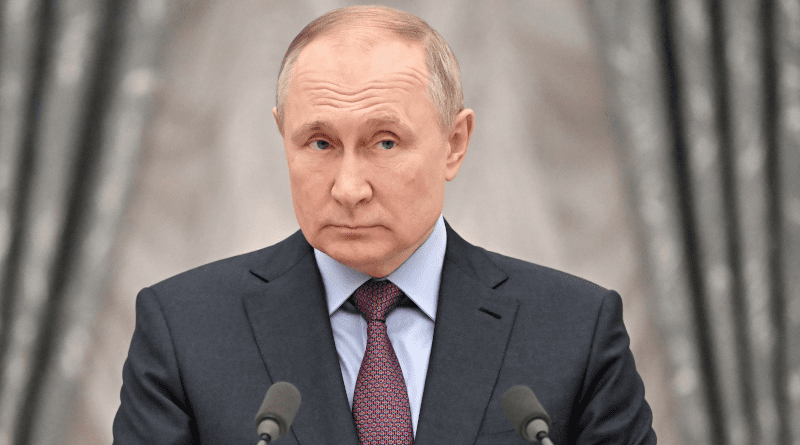Cultural Patterns Not The Dictatorship Predispose Russians To Support Putin And His War – OpEd
By Paul Goble
Many analysts are inclined to explain the vitality of Putinism and Russian support for his war in Ukraine by pointing to the conformism of a population living in fear, the influence of government propaganda and the interest many Russians have in the advantages to themselves of an isolated and militarized economy, Vladimir Pastukhov says.
If those factors were sufficient to explain Russian support for Putin and his war, the London-based Russian analyst says, then getting rid of the dictatorship would be sufficient to end the war and the kind of rule Putin and his team offer (echofm.online/opinions/etot-soft- -vshit-v-nashe-zhelezo).
But in fact there are many other factors involved, most important of which are those values which exist as “’pre-installed software’” that is only available bundled together with everything else, Pastukhov says. Anyone who thinks otherwise will find that after ending the dictatorship, things will go back to what they were under Putin after “a hard reboot.”
Among these cultural values which tie Russians together and predispose them to support regimes like Putin’s are “an orientation toward force rather than law … resistance to any idea even the most attractive which suggests they can’t be self-sufficient … and a certain ‘unsentimentality’” about means and ends.
These are what makes Putinism and other systems like his “so tenacious in Russia,” Pastukhov continues; and anyone who thinks they can be expelled “simply by offering society freedom and European liberal values, then he is almost certainly mistaken … Freedom in Russia will take root only when Russians feel a practical need for it” that serves these values.
Telling Russians how beautiful freedom is and how horrible war is won’t achieve the goals that those who adopt that strategy want. What those who want change must do instead is to explain to Russians how freedom will give them “a feeling of strength, independence and usefulness” that they “subconsciously are striving for.”


The Russian mindset, is,simply explained as being asian, not european. Europeans, tends to assume that because russians generally look european, that they must be. The Russian propensity to suffer large numbers of casualties, in conflicts, is clearly an Asian mindset. Mongols invaded and ruled Russia, for four centuries, which goes a long way to explain the peculiar Asian outlook of russians.
Democracy was first introduced by the Greeks, and has entrenched itself in most western European countries and the USA, which was founded by ineffective oldest democratic countries in europe. Democracy has not taken root , in Asia, with few,exceptions like India, which inherited from the UK. Quite simply democracy, is not a concept that has any meaning to peasant societies, like Russia and China.
you don’t think Japan or South Korea are democracies?